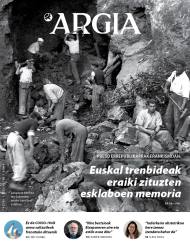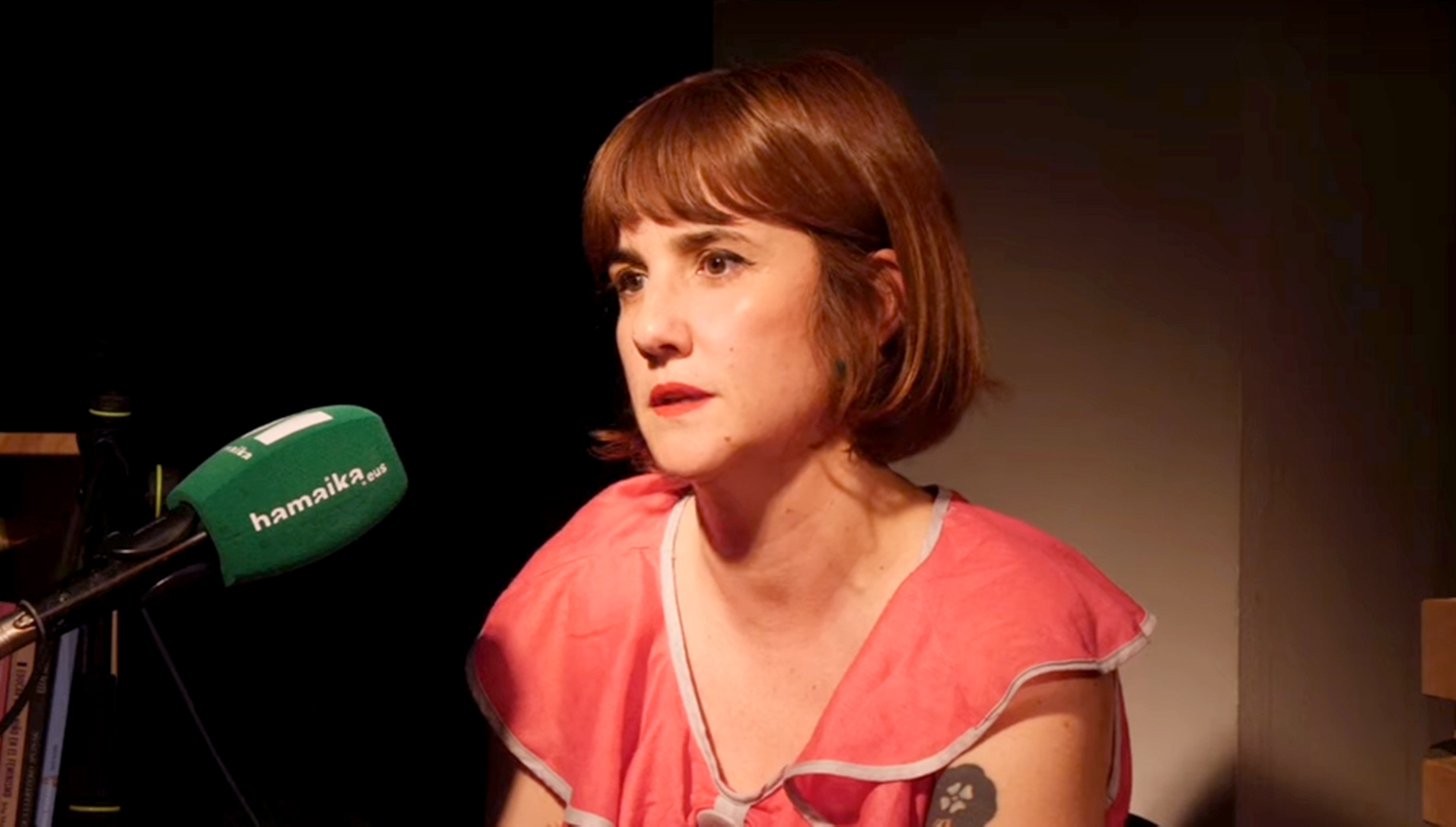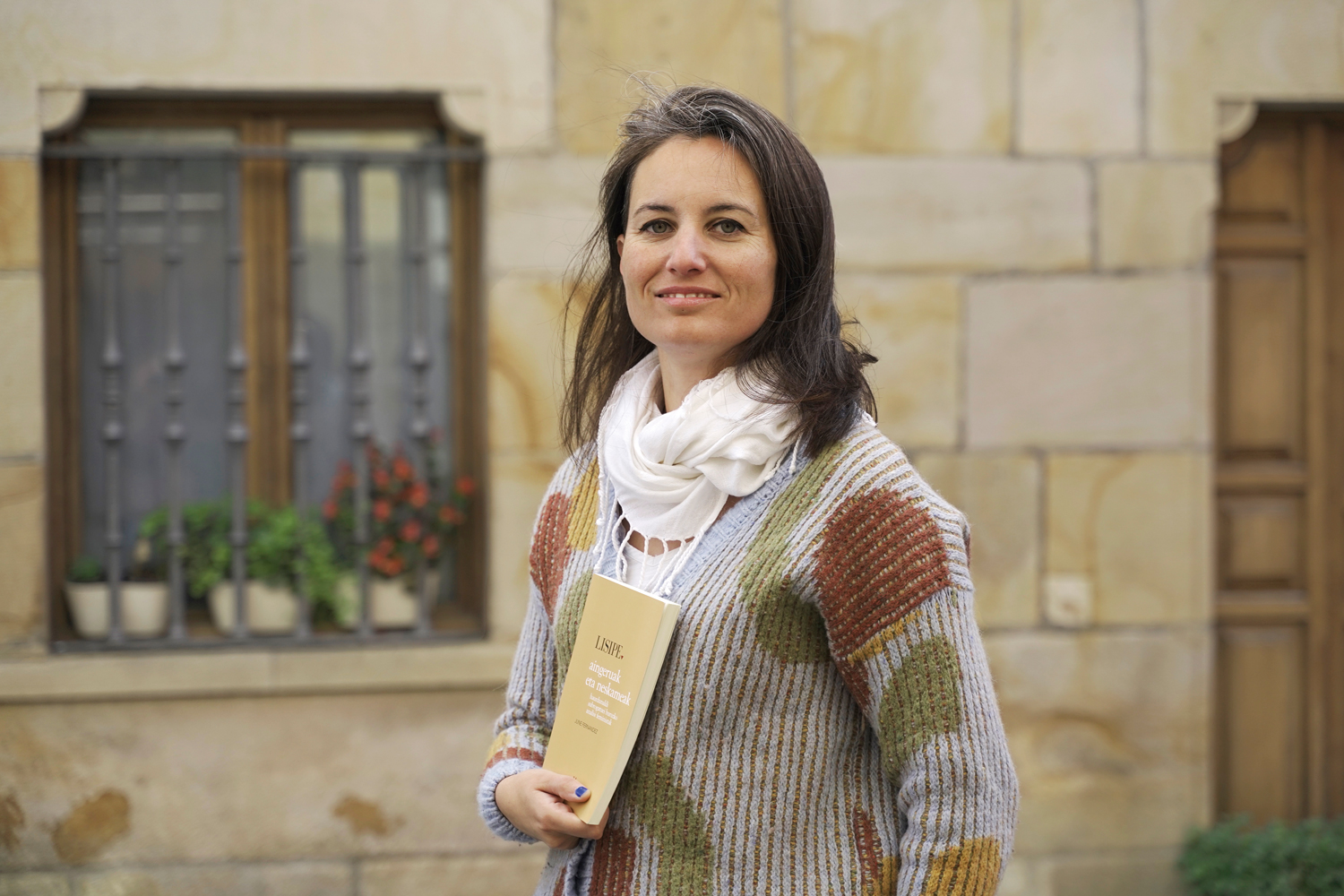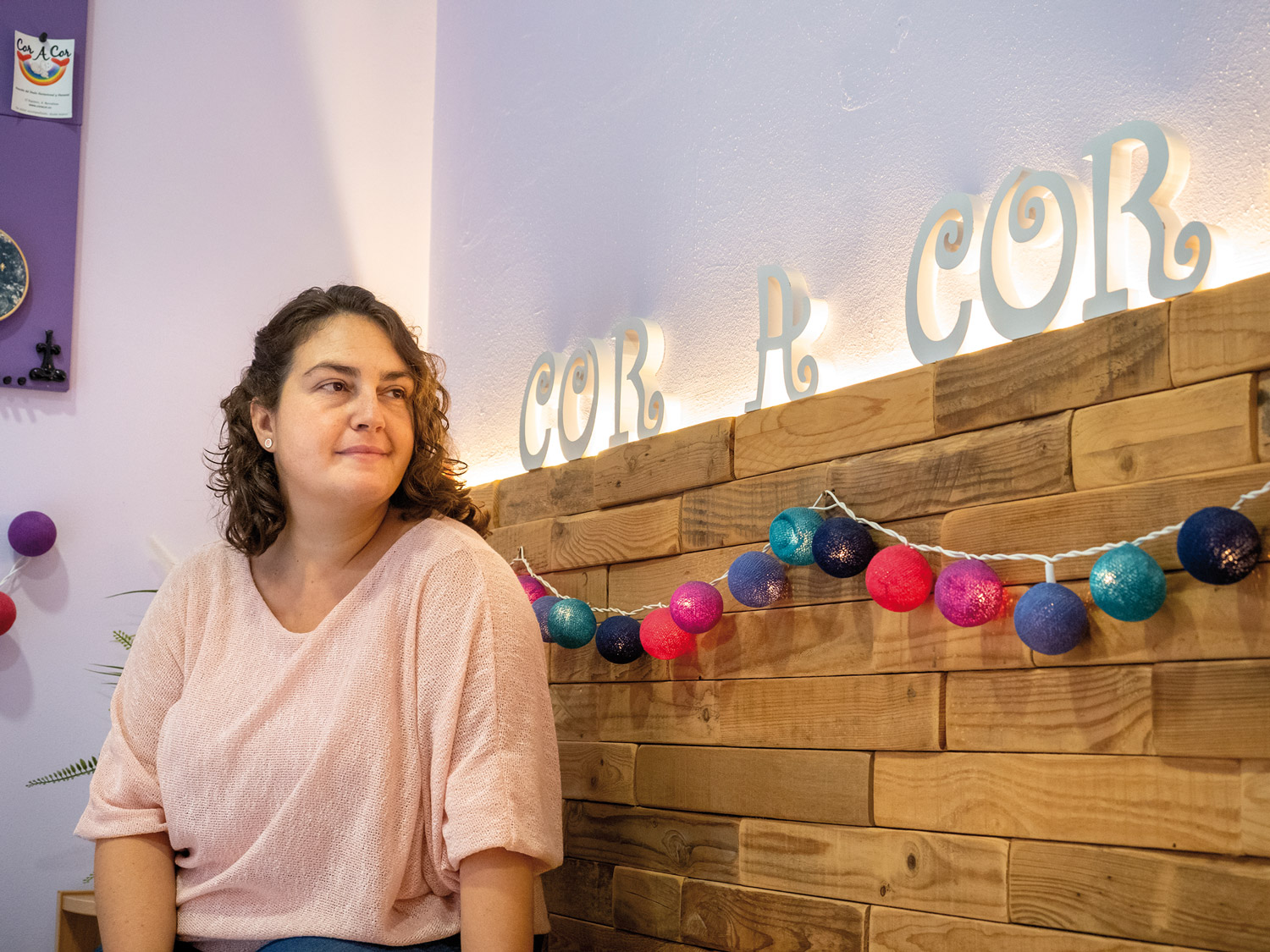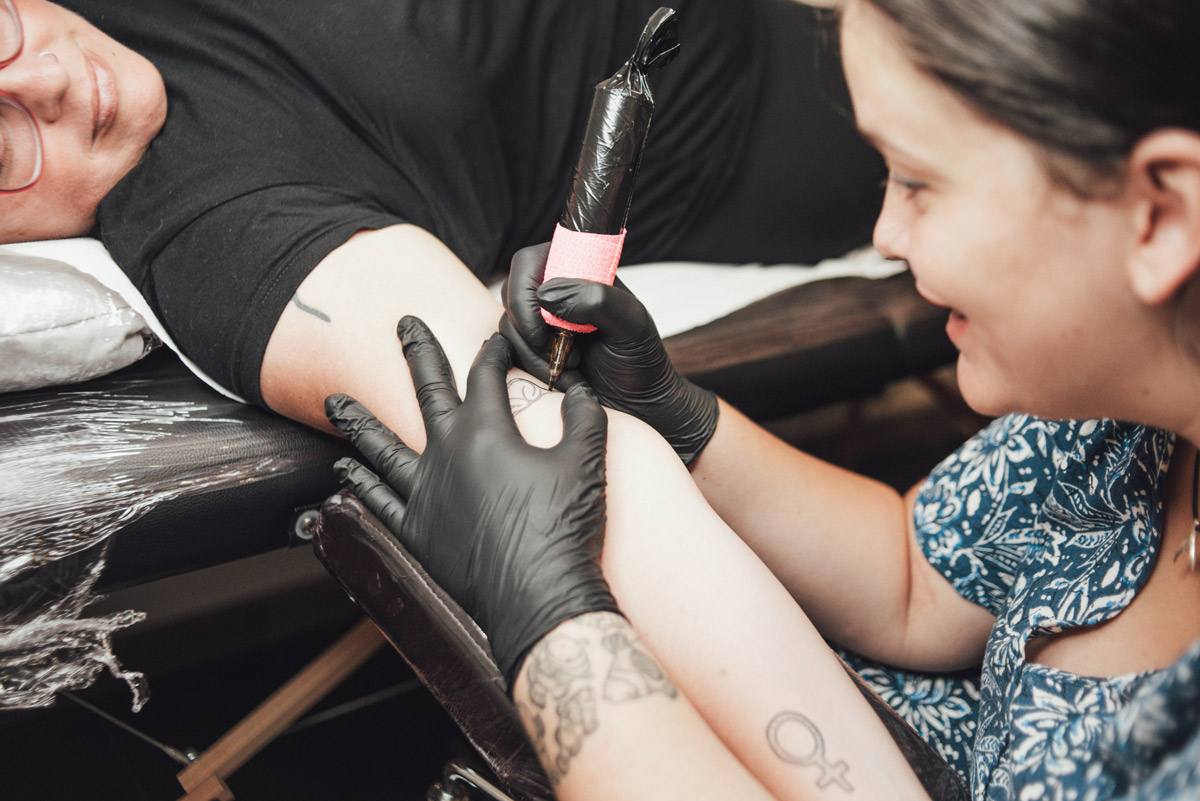“Non-nominative designation of obstetric violence causes delay in diagnosis and treatment”
- Laia Vidal (Palafrugell, Catalan Countries, 1988) is a discoverer, gynecologist and obstetrician specialized in high risk, niece of Adela Vidal, referent to home and water deliveries in the 1980s. She works for respectful delivery from the inside of the system.

Is there obstetric violence?
Of course, I have no doubt.
What is it?
Obstetric violence is any practice or violent behavior of women during pregnancy, childbirth or puerperium, by action or omission. These practices, whether they are conscious or not, violate the rights of women. Obstetric violence manifests itself primarily in machismo and paternalism implanted in society in general and in medicine in particular. Historically, the emotions and experiences of women have been undervalued in obstetrics, infantilized and in violation of their right to decision-making. Consequently, forced interventionism and unnecessary or discriminated practices have continued, often causing physical and emotional violence.
Are health professionals also victims of obstetric violence?Obstetric violence is also
institutional violence and, consequently, health professionals are also victims of the system that allows its occurrence. The shortage of personnel to provide adequate care, the impossibility of offering the personalized protection known as one-to-one and needed by women, the lack of time in consultations, the lack of spaces and dignified beds or the care workload are, among others, the indirect consequences of obstetric violence.
On the contrary, the General Assembly of the Council of Official Medical Colleges stated in the summer its opposition to the use of the term “obstetric violence.” The fact that obstetric violence is not named by its name, as is usually the case in medicine, only causes delay
in diagnosis and treatment.
Several professionals were against this decision. It works through the bowels of the system to eliminate obstetric violence. What's the hardest thing to fight?
Undoubtedly, as an obstetrician, the most difficult thing was to open the eyes and recognize the existence of obstetric violence. At first I wanted to put a bandage on my face and I was looking for excuses or trying to highlight things that we were doing well. But once the bandage is removed, there is no turning back. Violence is there, and since then I have seen it present in our daily lives.
The first step towards eradicating this type of violence against women is its acceptance by public health personnel. Why is the trend towards a defensive one?
Because we have been trained in a system that we are many “heroes” or “saviors”. There is nothing else to do with how we treat health professionals in the first wave of COVID-19. When they put that task on you and then report you for doing something wrong, in addition to the word violence, you can feel hurt and hurt. Above all because, as I say, there are many inherited and unconscious practices.
On the pretext of the pandemic, many rights in pregnancies and births have been violated. How have you lived it? When a saturated
health system is filled with poor infrastructure and scientific doubts, it is the perfect scenario for the violation of rights. Everything is worth the fear of uncertainty. In this context, many of us who work for a respected birth denounce what was not done correctly. And I remember with pride that we did a good job in the centers of Catalonia, for example, making it possible for couples to enter childbirth, never breaking the mother-baby binomial; we did not change the induction protocols or elective cesarean section, we increased the rate of breastfeeding and promoted early discharges, making visits to midwives.
Many women who have experienced obstetric violence then decide to give birth at home. What do you think?
If trained and accredited midwives do so, it has been shown that home delivery is safe and better satisfies the experience of women in many cases.
To what extent should public health ensure home delivery?I do not know the loopholes to make it possible both politically
and economically, but if it is feasible for the system, it should certainly be an opportunity. Other countries guarantee this possibility and there is multiannual evidence that in low-risk births the alternative is very good.
What is the main challenge of public institutions in relation to respected childbirth?On the one hand, public institutions should promote the training of professionals not only in the scientific and
technical sphere, but also emotionally and psychologically. In addition, it is necessary to create workspaces compatible with these needs. And of course, we need resources to tailor care to each woman. We need sensitized professionals and formats. Only when the woman chooses the circumstances of her childbirth will we be able to guarantee respect for the childbirth.
to help people, and from the very beginning I wanted to be a doctor. As a teenager, I remember imagining myself as a village doctor. Then, when I started medical school and decided on the specialty, I didn't hesitate; by mistake, I felt born to do obstetrics. In addition, my aunt's closeness made me, seeing the emotion I transmitted when talking about the beginning of life and the process, take that path as well. On the other hand, I never remain calm without explaining why the questions are asked, and that is why disclosure has given me a space to share my knowledge, I think it would be selfish not to share it.”
Onintza Enbeita denounced gordophobia in her column on October 4 in relation to the experience of a visit to the gynecologist. It can be said that we are all committed to entering the same body, and it is true, we have all heard what it is, but it is also true -- that what is... [+]
A few months ago, the sister had to interrupt her five-month pregnancy because of a mental deformation she was carrying with her. The decision was made between tears and five days after the news the child (Xoán) was in labor at the Cruces Hospital (they abort with the delivery... [+]









